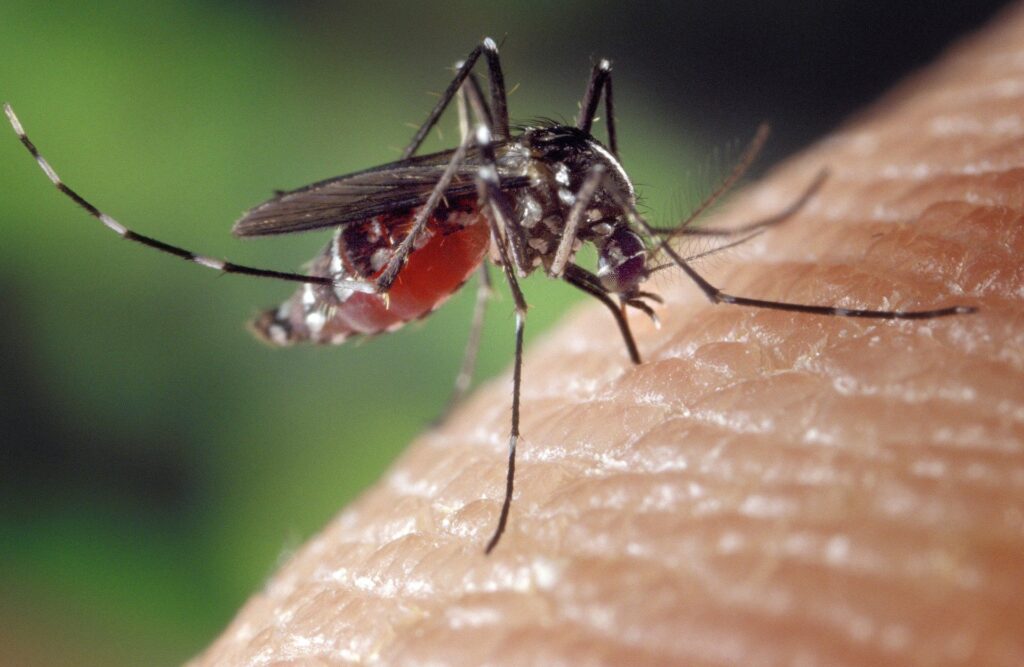
In an effort to combat diseases such as Zika, dengue and yellow fever in the country, the U.S. Environmental Protection Agency (EPA) approved the extension of an Experimental Use Permit for the release in Florida and California of more than 2 billion genetically modified mosquitoes.
Its release was approved after an Experimental Use Permit was granted in the Florida Keys in 2021, with favorable results.
The biotechnology company Oxitec has developed mosquitoes of the Aedes aegypti species, but these are genetically modified mosquitoes so that the males, which do not bite, are released into the wild and mate with the females, which do bite.
According to scientists from the company dedicated to biological solutions for pest control, these genetically modified mosquitoes have proven to be effective in controlling the disease transmitted by the Aedes aegypti mosquito, which has invaded communities in Florida, California and other states in the US.
In California, since it was first detected in 2013, this mosquito has spread rapidly to more than 20 counties across the state, increasing the risk of transmission of dengue, chikungunya, Zika, yellow fever and other diseases, especially with the arrival of the hot and rainy season.
Sec
